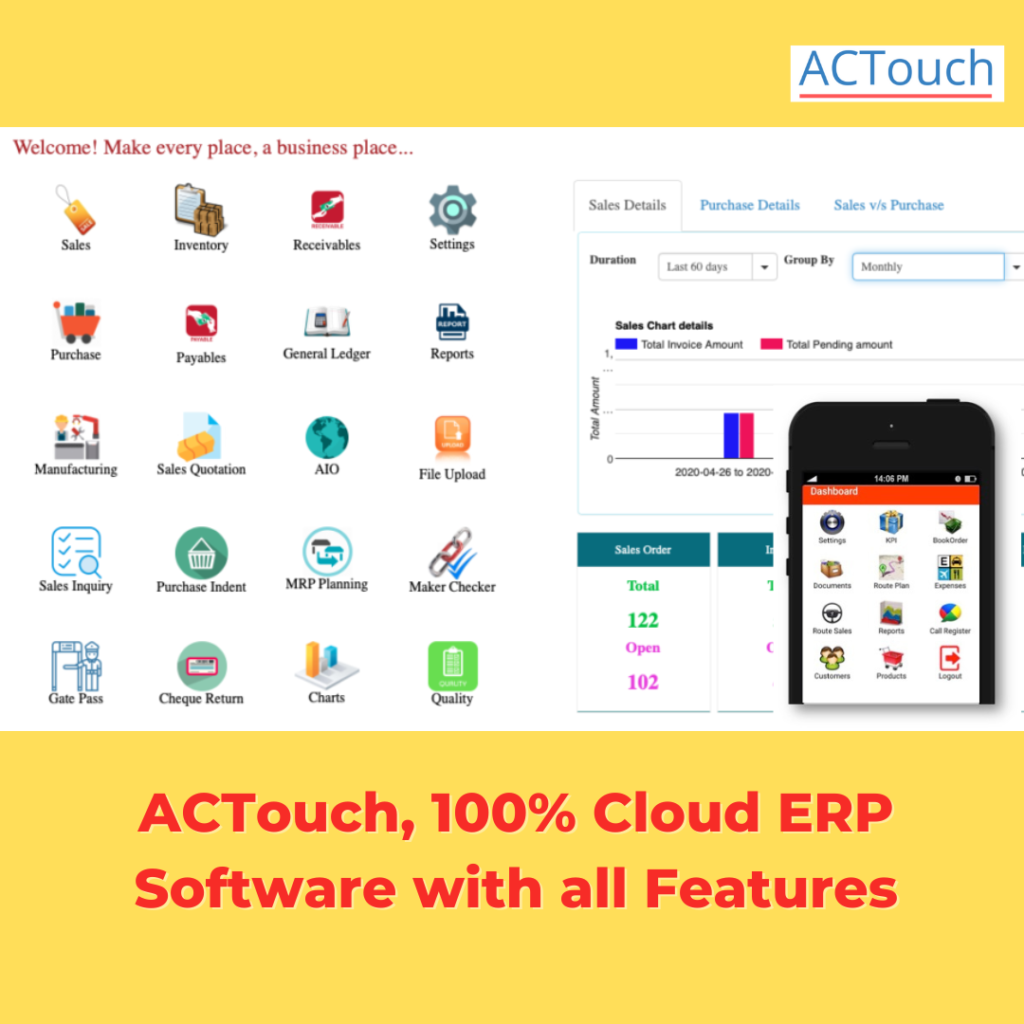Deferred Revenue: How it helps business?
What is Deferred Revenue? Why is it called deferred revenue?
Deferred Revenue, often referred to as unearned revenue, is a crucial accounting concept where a company receives payment for goods or services in advance but hasn’t yet fulfilled its obligations to deliver those goods or services. This leads to the revenue being temporarily deferred until the company provides the promised goods or services.
It’s called “deferred” because the revenue is put off until a later date, when the company fulfills its commitment.
One the common examples is SAAS Companies ARR revenues. Here we receive the annual subscription payments at the beginning of the year as pre – payments. But the services to be provided are divided into 12 months. So technically we need to recognise the monthly revenue as Payment for services as every month is closed. It’s called “Unearned revenue”, even though money is in the bank.
Here we can either use accrual accounting standards or cash basis accounting revenue practices. Since these are revenue related activities and are spread over a current accounting period. In few cases, unearned revenue spreads into multi year based on the contracts thats signed with client. These are within accounting principles guidelines.
We show these in Company balance sheet as current liability as we are yet to deliver the services or goods. Similar to this “unearned income” is shown in income statement. These are all part of revenue recognition principle thats used in company financial statement like Trial Balance, Income statement, Cash Flow statement etc.
Once a complete delivery fo services is done, these Payment milestones are closed from books of accounts.

How does Deferred Revenue help businesses?
Deferred Revenue (DR) plays a significant role in helping businesses manage their cash flow and accurately represent their financial situation. By recognizing the payment as a liability rather than immediate revenue, businesses can ensure transparency and accurately reflect their obligations to customers. This approach ensures a more accurate representation of a company’s financial health, which is essential for making informed decisions.
Is deferred Revenue a liability?
Yes, deferred revenue is considered a liability. This is because the company has received payment from customers for products or services it has yet to provide. Until the goods or services are delivered, the company is obligated to fulfill its part of the deal, making the received payment a liability until the revenue can be recognized.
Give me deferred revenue journal entry
The journal entry for DR involves two accounts:
- “Deferred Revenue”
- “Cash” (or the payment method used).
When payment is received in advance, the company debits the “Cash” account to recognize the inflow of cash and credits the “DR” account, acknowledging the liability.
DB – Cash Account
Cr – Deferred Revenue
Once the goods or services are delivered, the “Deferred Revenue” account is debited, and the appropriate revenue account is credited.
DB – Deferred Revenue
Cr – Sales Account.
|
Is deferred revenue a debit or credit?
Deferred revenue is initially credited when payment is received in advance, as it represents a liability owed to the customer. Upon delivering the goods or services, the deferred revenue account is debited, and the revenue account is credited.
Deferred revenue asset or liability?
Deferred revenue is classified as a liability on a company’s balance sheet. This is because the company has a commitment to deliver goods or services in the future, and the received payment represents an obligation to fulfill that commitment.
What is deferred revenue accounting?
DR accounting involves the proper recognition and management of revenue received in advance. It’s crucial to accurately record these transactions to ensure financial transparency and compliance with accounting standards. Effective deferred revenue accounting helps companies track their obligations to customers and provides a clearer picture of their financial health.
Advantages of Deferred Revenue process?
The DR Process offers several benefits to businesses:
- Cash Flow Management: DR provides an injection of cash upfront, which can be crucial for operational needs.
- Accurate Financial Reporting: It ensures accurate representation of a company’s financial position by aligning revenue recognition with the fulfillment of obligations.
- Predictable Revenue Stream: DR provides visibility into future revenue that can help in forecasting and planning.
- Customer Commitment: It enhances customer trust by demonstrating commitment to delivering promised goods or services.
Is deferred revenue an Asset or Expense?
Deferred revenue is initially recorded as a liability. It becomes revenue only after the company fulfills its obligations by delivering the goods or services. At that point, it becomes an asset, increasing the company’s cash or accounts receivable.
What is the formula for deferred revenue?
There isn’t a specific formula for DR. Instead, it’s a concept based on the timing of revenue recognition. The formula for revenue recognition typically involves delivering the goods or services and meeting other relevant criteria before recognizing the revenue.
What is deferred revenue example?
Imagine a software company that sells annual subscriptions.
If a customer pays $120 upfront for a year’s subscription, the company initially records this as deferred revenue. As each month passes, one-twelfth of the deferred revenue ($10) is recognized as revenue, reflecting the portion of the subscription that has been fulfilled.
What is the difference between unbilled revenue and deferred revenue?
Unbilled revenue refers to revenue that a company has earned but has not yet billed to the customer. It’s often found in long-term projects or contracts. On the other hand, deferred revenue is payment received in advance for goods or services the company has not yet provided. While both involve timing differences, unbilled revenue focuses on recognition delay, whereas deferred revenue centers on prepayment.
What is the difference between accrued and deferred revenue?
Accrued revenue refers to revenue that has been earned but not yet billed or received. This arises when the company provides goods or services before billing the customer. DR, on the other hand, involves receiving payment in advance for products or services that will be delivered in the future. The key difference lies in whether the revenue or the payment comes first in the timeline.
What is Deferred Income Accounting?
DR Accounting involves recording advance payments as liabilities until the corresponding goods or services are delivered, ensuring proper revenue recognition. For instance, if a company receives a $1,200 prepayment for a year-long service contract, it would record this as a liability called “DR” As the company provides services over the year, it would gradually reduce the liability while recognizing $100 in revenue each month. This practice adheres to accounting standards like ASC 606, preventing companies from prematurely recognizing revenue before fulfilling their obligations. Deferred income accounting is crucial for accurate financial reporting and maintaining transparency.
Understanding DR is vital for businesses to maintain accurate financial reporting, manage cash flow, and uphold their commitments to customers. By recognizing it as a liability until obligations are met, companies can establish transparency, credibility, and trust in their operations.

